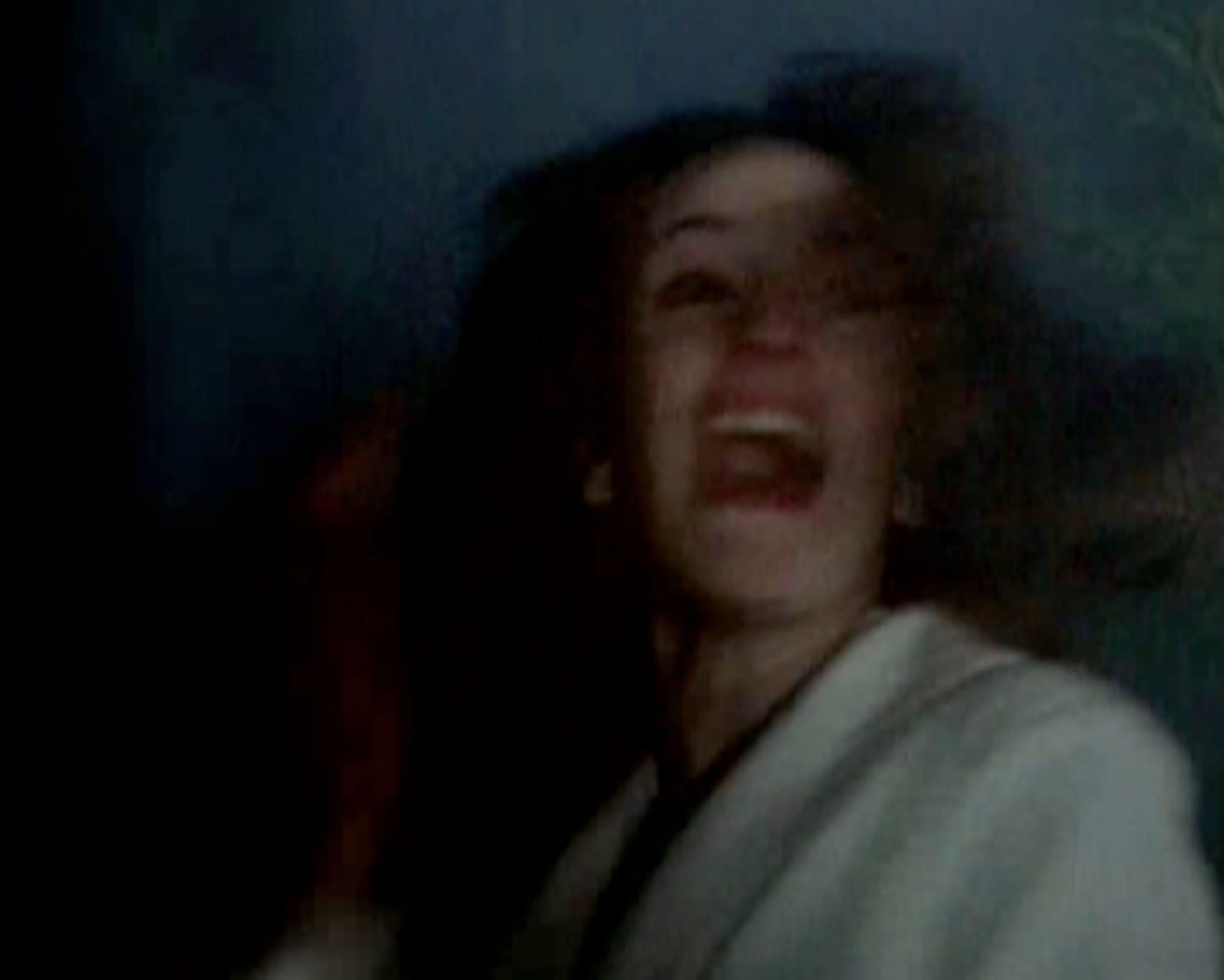A performance by Jamie Shovlin and Lustfaust
Teatro Eliseo
via Nazionale 183, Rome
The live performance, Hiker Meat (Rough Cut), is coordinated by Ilaria Gianni.
Organised by the Fondazione Giuliani
In collaboration with Roma Capitale, Assessorato alle Politiche Culturali e della Comunicazione – Sovraintendenza ai Beni Culturali
British artist Jamie Shovlin is interested in the tension between truth and fiction, reality and fabrication, history and memory. In his new project, Hiker Meat, Shovlin plays homage to the exploitation films of the 1970s and reconstructs the history of a non-existent horror movie through a complex elaboration of materials and research that documents the film. In the exhibition at MACRO, Museum of Contemporary Art of Rome, curated by Elena Forin and extended until March 13th, the spectator is drawn into Hiker Meat, which Shovlin presents through with a series of props, costumes, scripts and trailers that accompanied the release of the film, thus transforming an imagined event into a possibility or perhaps reality.
The film thus reappears today from a forgotten past, taking on new life in the exhibition spaces of the Museum and, more actively, during the course of a live event held in the foyer of Rome’s Teatro Eliseo. On Wednesday February 2, the artist, together with the German rock band Lustfaust, will perform live the score to the film in the tradition of the silent movie piano score, yet with samplers and a typical rock band set-up. The band will also ‘play’ the projection – sampling source material for the making of the film Hiker Meat without showcasing the film itself. Hiker Meat (Rough Cut) will reveal the creation and making of the movie, emerging the spectator in the grotesque and imagined universe of this horror flick.
Hiker Meat and its director Jesus Rinzoli never really existed, nor does the music group Lustfaust, who made the soundtrack and which has been the subject of a preceding series of works by the artist. Shovlin’s project in fact reflects upon the visceral tie between sound and image, emphasized in exploitation cinema by the presence of archetypes and myths, and celebrated by the intense relationship between director and musician, as in the case of Dario Argento and Goblin, or of Lucio Fulci and Fabio Frizzi.

